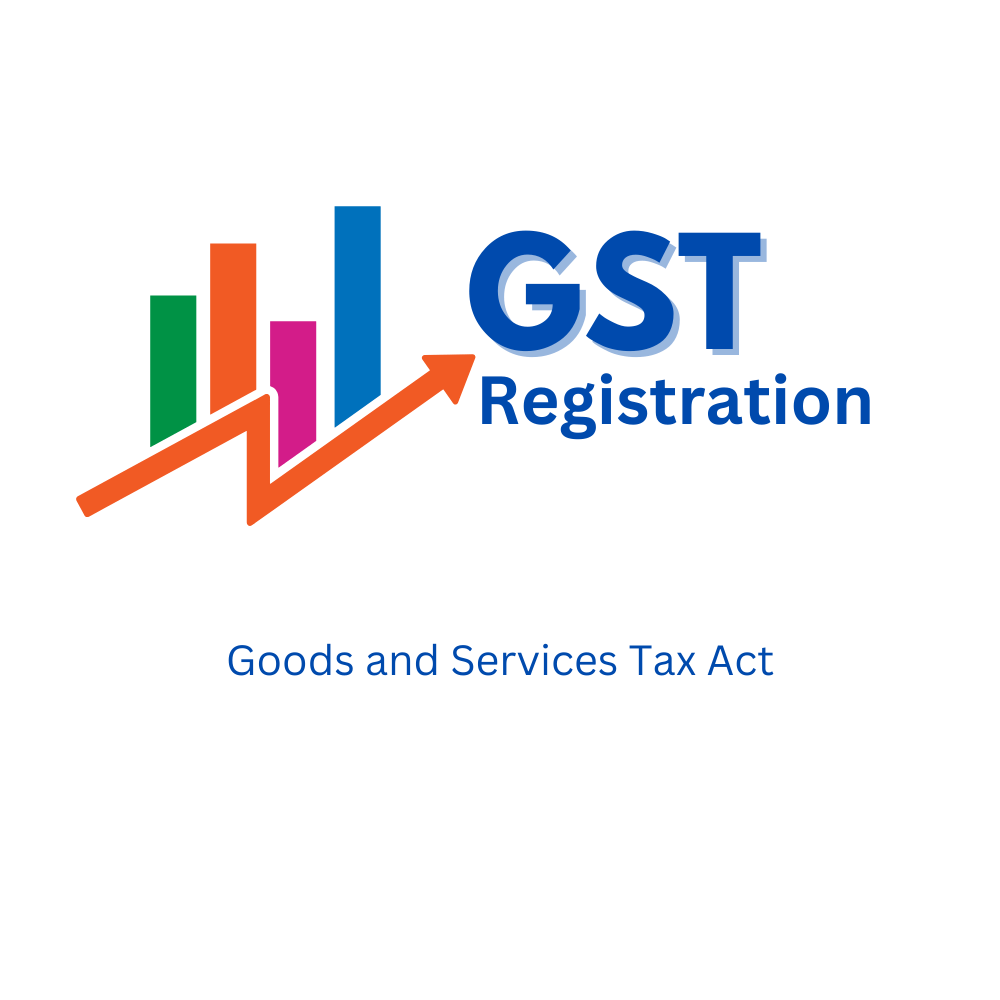Comprehending the Perks of the very best GST Registration Services in Singapore
Comprehending the Perks of the very best GST Registration Services in Singapore
Blog Article
From Beginning to Complete: The Ultimate Roadmap to GST Registration for Organizations Looking For Financial Security
Navigating the intricacies of Item and Services Tax Obligation (GST) enrollment is a crucial action for companies aiming for economic security. From understanding the fundamental concepts of GST to adhering to post-registration standards, the procedure can appear intimidating at first look. Breaking down the roadmap into convenient actions can streamline the enrollment journey for organizations looking to boost their economic standing. Let's check out the important parts that make up this best roadmap and uncover how each phase adds to laying a strong structure for monetary success.
Recognizing GST Basics
Looking into the basic principles of Product and Provider Tax Obligation (GST) is necessary for acquiring an extensive understanding of its ramifications on businesses and the economy. GST is a value-added tax obligation levied on a lot of goods and solutions for residential intake. It has actually changed numerous indirect taxes that existed in the pre-GST period, simplifying the tax obligation framework and enhancing simplicity of doing company in India. Under the GST system, both products and services are strained at a details price, which is established based upon their category. Organizations are called for to register for GST if their annual turnover exceeds the threshold limit set by the federal government. Input Tax Credit Scores (ITC) is a significant attribute of GST, permitting businesses to assert credit history for tax obligations paid on inputs, minimizing the general tax burden. Recognizing the basics of GST is vital for companies to adhere to tax obligation policies, handle their financial resources successfully, and add to the country's financial development by taking part in a transparent tax system.
Eligibility Criteria for Registration
As of the existing laws, the threshold limit for GST enrollment is an annual aggregate turnover of 40 lakhs for businesses operating within a state, other than for unique category states where the restriction is 20 lakhs. Furthermore, certain companies are needed to sign up for GST irrespective of their turnover, such as interstate vendors, laid-back taxed individuals, and organizations responsible to pay tax obligation under the reverse cost mechanism. It is essential for organizations to extensively examine their turn over and deal types to determine their GST registration obligations accurately.
Records Needed for Enrollment
Having actually fulfilled the eligibility criteria for GST registration, businesses have to currently guarantee they have the requisite files in place to proceed with the enrollment procedure successfully. The files needed for GST registration normally include evidence of business constitution, such as collaboration act, registration certification, or unification certification for various kinds of services. Furthermore, businesses require to provide files developing the primary location of service, such as a rental contract or electrical power expense.
Step-by-Step Registration Process
Commencing the GST registration procedure entails a series of organized steps to ensure a seamless and certified registration for organizations. The primary step is to additional reading visit the GST website and fill in the enrollment form with exact information of the service entity. Following this, the applicant obtains a Temporary Recommendation Number (TRN) which is made use of to return to the application procedure if it's not completed in one go.
Following, all needed files as per the checklist given by the GST portal need to be posted. These files normally include evidence of company registration, identification and address proofs of promoters, economic declarations, and organization entity's frying pan card.

Post-Registration Conformity Standards

Verdict
Finally, businesses looking for financial security needs to recognize the basics of GST, satisfy eligibility criteria, gather necessary files, adhere to the step-by-step enrollment process, and follow post-registration guidelines - Best GST registration website here services in Singapore. By sticking to these actions, organizations can ensure compliance with tax regulations and preserve financial stability in the future
In addition, certain businesses are needed to sign up for GST irrespective of their turn over, such as interstate suppliers, informal taxable persons, and services liable to pay tax obligation under the reverse cost system.Having actually satisfied the qualification standards for GST registration, companies should now ensure they have the requisite records in location to proceed with the registration process efficiently. The documents needed for GST enrollment typically include evidence of service constitution, such as partnership deed, enrollment certification, or incorporation certificate for different types of businesses. Furthermore, services need to offer papers developing the major area of organization, such as a rental contract or electricity expense.Starting the GST enrollment procedure includes a series of structured steps to make certain a compliant and seamless registration for organizations.
Report this page